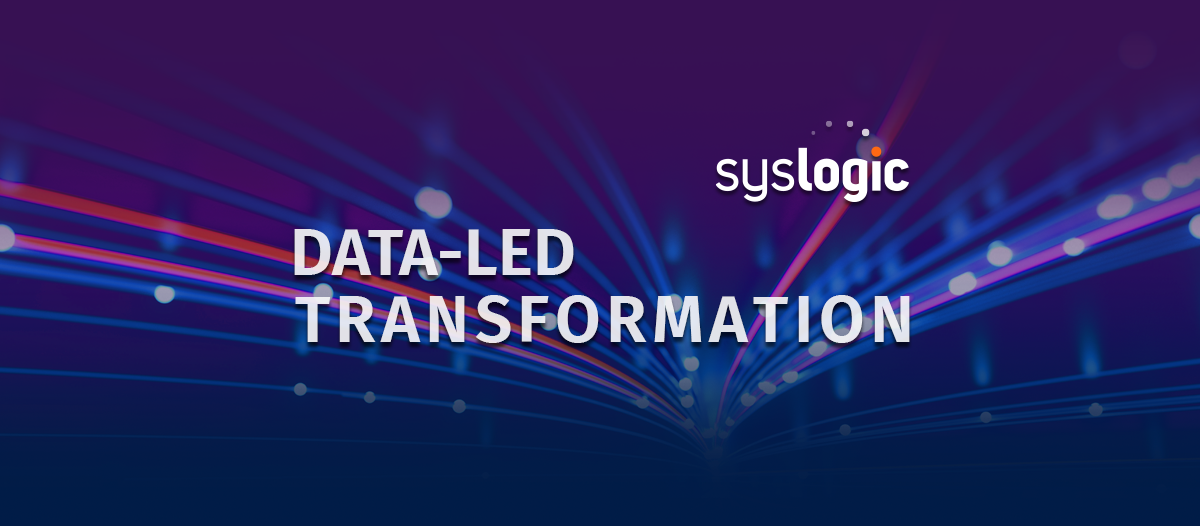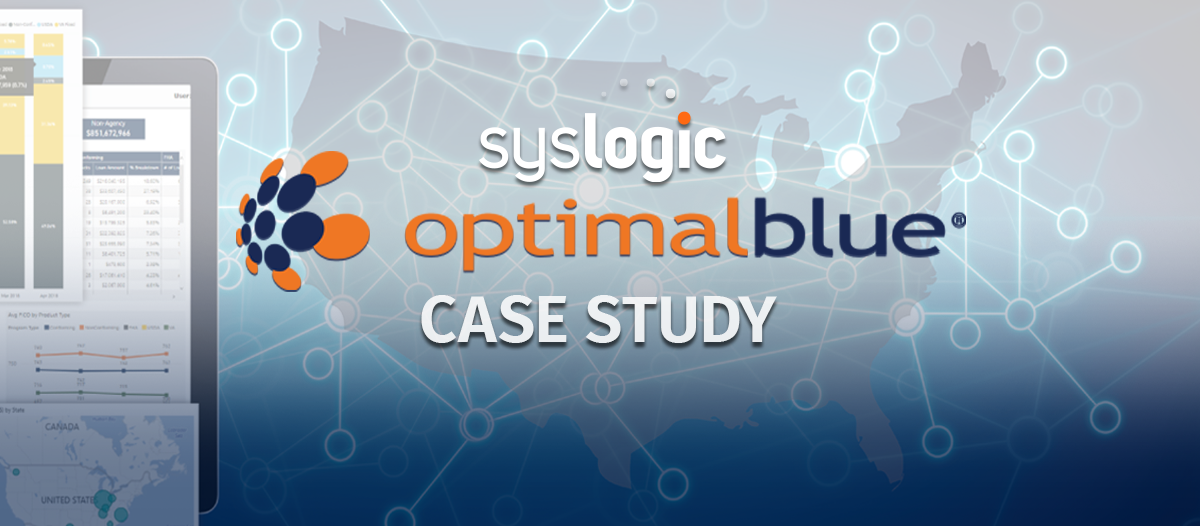Early in the data-led transformation journey, it's critical to identify your audience across all levels.
Each organization is unique, and one size does not fit all. Specific stakeholder groups and roles across each organization consume and analyze data differently. It is vital to accurately identify your stakeholders early in the journey so they understand the challenges that need to be solved, where the source data is maintained, and how the data can be aggregated. The data should inform the stakeholders and be actionable in providing present and future insights to help drive informed decisions.
The following are key areas to consider when identifying your audience...
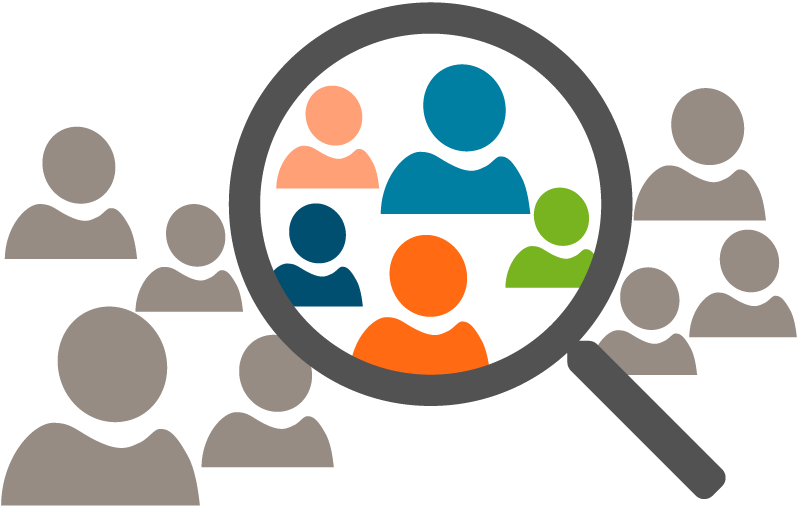
Identify who needs access to the data.
Who are the specific groups, roles, and individuals? Examples of groups or roles include executives, project sponsors, subject matter experts (SMEs), process owners, division or business unit leaders, and end users.
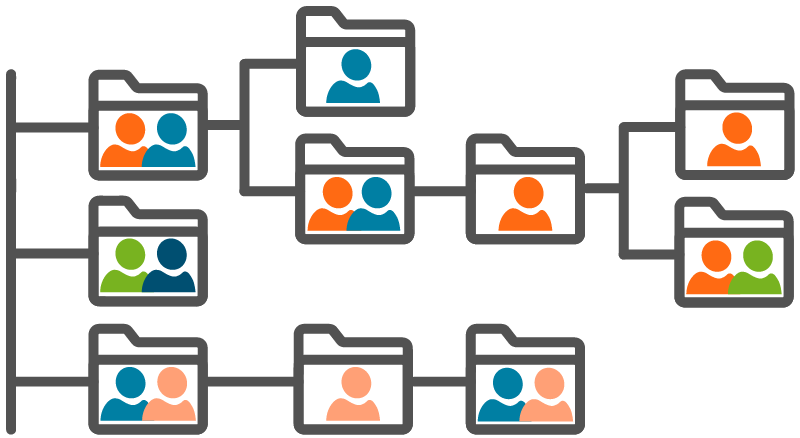
Determine the level and type of data they should have access to.
Identify specific permissions and privileges for each group and role. Organizational charts are an excellent tool for visually understanding high-level stakeholder requirements.
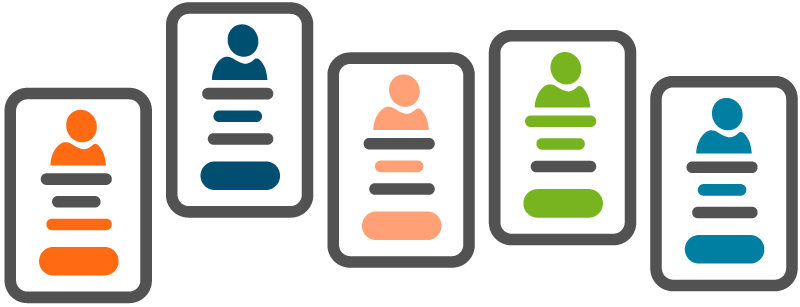
Define stakeholder personas.
Consider how each persona will interact with and leverage the data. Understanding the roles and responsibilities of your audience will help identify how reporting and analysis tools should be developed. Here are a few examples of common personas:

Executive (President/CEO): Enterprise, high-level metrics with the ability to drill into targeted details is essential for this persona. Dashboards and reports should enable a quick assessment of historical, current, and projected forecasts across key areas of the organization, such as Finance and Accounting, Sales and Marketing, and Operations and Delivery.
Given the wide breadth of scope, this persona leverages data from systems across an organization. Common system/module examples include the following: Finance/Accounting, Customer Relationship Management (CRM), Marketing and Campaign Management, Human Resources Information Systems (HRIS), Inventory Management, Order Management, Supply Chain Management, and Manufacturing Management.
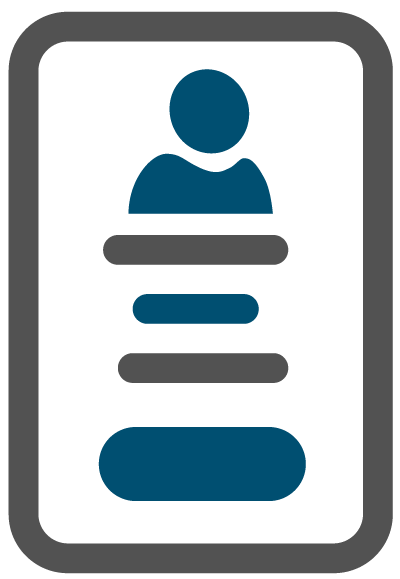
Sales & Marketing: Revenue-related metrics and Key Performance Indicators (KPIs) are key for this persona. Their data is often summarized at an enterprise level with the ability to see targeted information by location, region, product, or service. Metrics related to the effectiveness of marketing campaigns and events (tradeshows, conferences, etc.) are also beneficial. This persona typically leverages data from CRMs and marketing tools coupled with relevant financial and accounting data.

Finance & Accounting: Metrics and KPIs that reflect the overall financial health of the enterprise are top of mind for this persona. Reports and dashboards will serve as analytical tools to complement the company's financial statements, including balance sheets, income statements, etc. This data is typically sourced from the finance and accounting system's ledger or chart of accounts (COA). It is often necessary to apply additional business logic to this accounting perspective so the metrics can be viewed from an organizational point of view by location, region, product, or service type.

Operations: This persona needs metrics that assess the efficiency and quality of product development or service delivery. Data and reporting requirements for this persona can vary significantly based on the role of the individual within the organization. For example, a manufacturing line manager analyzes production data (volume, downtime, quality, etc.) relative to their specific product and process. In contrast, a plant manager assesses the data for the overall plant operations.
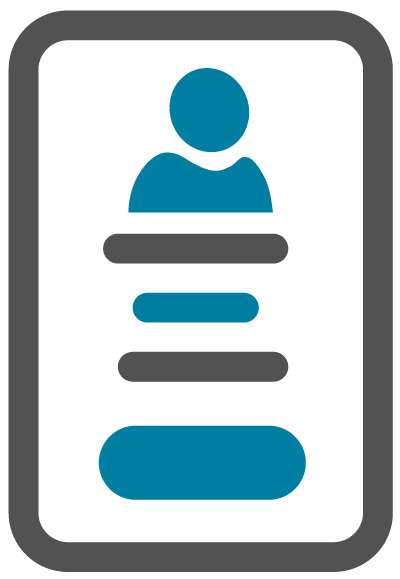
Data Analyst: This persona is typically a technical SME for a particular business function that derives data-driven insights. They leverage a vast amount of transactional and detailed data from diverse systems depending on their area of expertise. This persona most often partners with business SMEs to understand the story their data is telling.
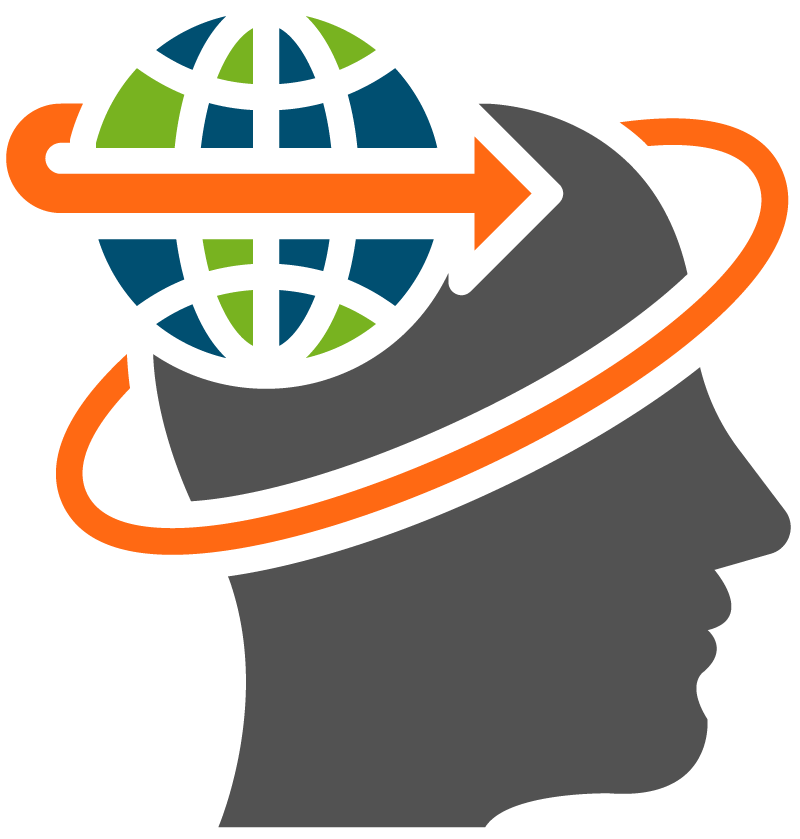
Do your organization's strategic and operational roles have the information to make confident decisions?
Do your employees rely on maintaining time-consuming spreadsheets and producing reports instead of focusing their efforts on driving your business forward? By delivering actionable metrics that matter to the people who perform critical business functions in your organization, you become an 'analytical advisor' enabling well-informed decisions. Contact SysLogic to learn how we can help your organization through the data-led transformation journey.
